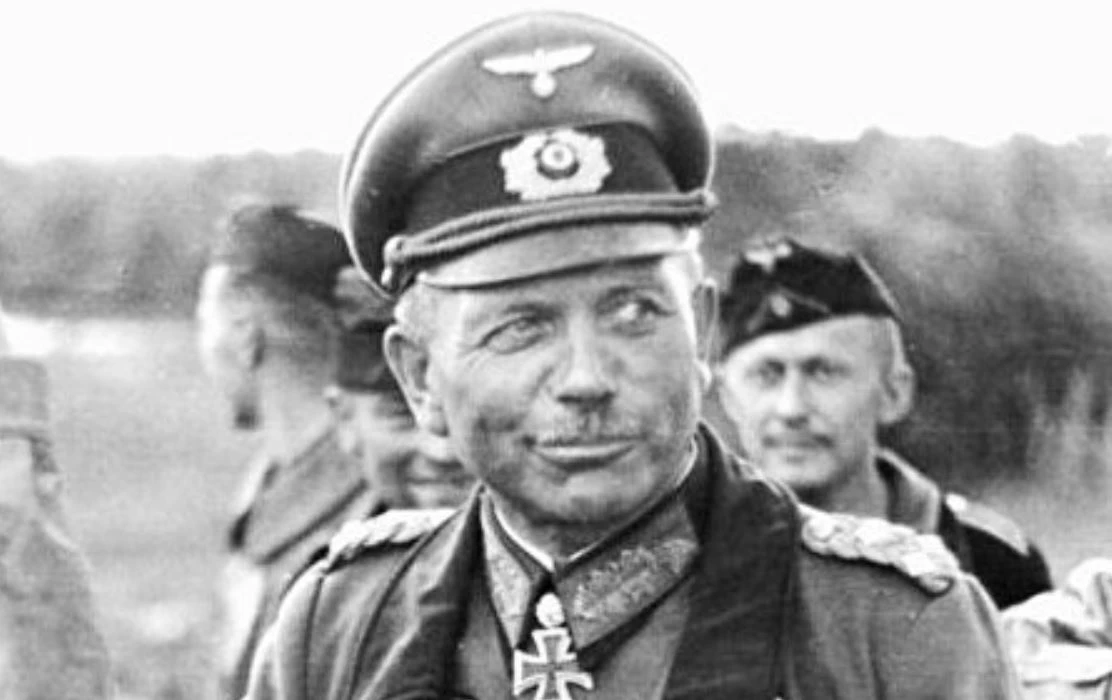Let’s Drone Out is a light-hearted and chatty drone focused podcast. Recorded live and interactively every Thursday 8-9 pm UK time on YouTube, come join the interactive chat. Jack and his wife Tony, as well as the rest of the LDO crew are here to bring noobs and pros together. Tune in every Thursday at 8:00PM UK time for the latest on tech, events, news, interviews and a behind the scenes look into the hobby. LEGAL NOTICE: Any views expressed by any guests on this show are personal and may ...
…
continue reading
Indhold leveret af Prussian Socialism Podcast. Alt podcastindhold inklusive episoder, grafik og podcastbeskrivelser uploades og leveres direkte af Prussian Socialism Podcast eller deres podcastplatformspartner. Hvis du mener, at nogen bruger dit ophavsretligt beskyttede værk uden din tilladelse, kan du følge processen beskrevet her https://da.player.fm/legal.
Player FM - Podcast-app
Gå offline med appen Player FM !
Gå offline med appen Player FM !
Prussian Socialism Episode 13: Guderian and the Blitzkrieg
Manage episode 338938844 series 3358918
Indhold leveret af Prussian Socialism Podcast. Alt podcastindhold inklusive episoder, grafik og podcastbeskrivelser uploades og leveres direkte af Prussian Socialism Podcast eller deres podcastplatformspartner. Hvis du mener, at nogen bruger dit ophavsretligt beskyttede værk uden din tilladelse, kan du følge processen beskrevet her https://da.player.fm/legal.

It's August 1941, do you drive on Moscow or the Ukraine? Take Moscow, and Germany deals a huge blow to Soviet moral and cripples the USSR’s logistical system. Take Ukraine, and Germany captures hundreds of thousands of Soviet troops and secures the breadbasket of Europe. Of course, history can only play out one way. Hitler ordered a drive on the Ukraine. But what if he had ordered an all-out attack on Moscow? Could Germany have won the war in the East in 1941?
After the war, many generals argued that Germany could have won. Prominent among them was tank-warfare theorist and Panzer commander Heinz Guderian. In his post-war book Panzer Leader, Guderian recounts his role in shaping Germany’s armored units and doctrine, arguing that Germany could have won if Hitler had listened more to his generals. Was Guderian right, or was he just coming up with excuses?
Greg Conte discusses Guderian’s arguments and record, and the role of mechanized warfare with fellow autiste and WWII-enthusiast Hans.
Books mentioned:
Heinz Guderian Panzer Leader
David Irving Hitler's War
Friedrich von Mellenthin Panzer Battles
Erich von Manstein Lost Victories
38 episoder
Manage episode 338938844 series 3358918
Indhold leveret af Prussian Socialism Podcast. Alt podcastindhold inklusive episoder, grafik og podcastbeskrivelser uploades og leveres direkte af Prussian Socialism Podcast eller deres podcastplatformspartner. Hvis du mener, at nogen bruger dit ophavsretligt beskyttede værk uden din tilladelse, kan du følge processen beskrevet her https://da.player.fm/legal.

It's August 1941, do you drive on Moscow or the Ukraine? Take Moscow, and Germany deals a huge blow to Soviet moral and cripples the USSR’s logistical system. Take Ukraine, and Germany captures hundreds of thousands of Soviet troops and secures the breadbasket of Europe. Of course, history can only play out one way. Hitler ordered a drive on the Ukraine. But what if he had ordered an all-out attack on Moscow? Could Germany have won the war in the East in 1941?
After the war, many generals argued that Germany could have won. Prominent among them was tank-warfare theorist and Panzer commander Heinz Guderian. In his post-war book Panzer Leader, Guderian recounts his role in shaping Germany’s armored units and doctrine, arguing that Germany could have won if Hitler had listened more to his generals. Was Guderian right, or was he just coming up with excuses?
Greg Conte discusses Guderian’s arguments and record, and the role of mechanized warfare with fellow autiste and WWII-enthusiast Hans.
Books mentioned:
Heinz Guderian Panzer Leader
David Irving Hitler's War
Friedrich von Mellenthin Panzer Battles
Erich von Manstein Lost Victories
38 episoder
Minden epizód
×Velkommen til Player FM!
Player FM is scanning the web for high-quality podcasts for you to enjoy right now. It's the best podcast app and works on Android, iPhone, and the web. Signup to sync subscriptions across devices.




